Easily scalable, battle tested, industrial composting technology for any kind of biodegradable material
Trusted by 44 waste treatment plants in Hungary
Why our partners have chosen us
Market leader in Hungary with over 40 reference waste treatment plants
In the past twenty years we have supplied composting technology across Hungary.
Over 20 years of extensive experience
We have been not only a composting technology supplier, but we also built and operated our own large-scale composting facility in Tárnok, Hungary for many years.
Complience with the EU standards
Our technology complies with the Best Available Techniques (BAT) Reference Document for Waste Treatment and Biological Residual Waste Treatment.
Cost efficiency
Windrow composting under a semipermeable membrane is the most cost-efficient way when it comes to large-scale biodegradable waste treatment.
In house development
We do all the research and development, and we work closely with domestic vendors. All these result a responsive and continuously evolving company.
Support
We support and help our partners. Should you have any questions anytime, we are there to help on-site or remotely.
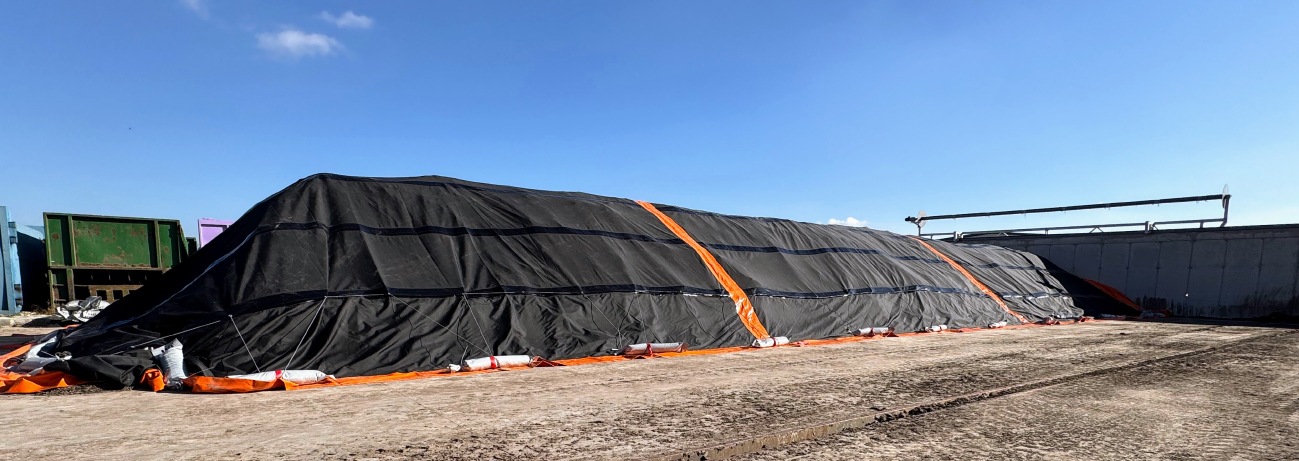
Composting
Our technology is capable of composting any kind of biodegradable waste. Depending on the input materials the result can be high quality compost or stabilized compost that is adequate for agricultural soil improving.
Composting converts biodegradable waste into compost that is safe for humans, animals and plants, and that is recyclable mainly as a fertiliser, soil improver or, in a lower proportion, recovered as a fuel. Aerobic treatment can also be used for biological stabilisation of waste prior to landfilling. Exothermic biochemical decomposition helps to sanitise compost, killing off seeds, spores and pathogenic microorganisms.
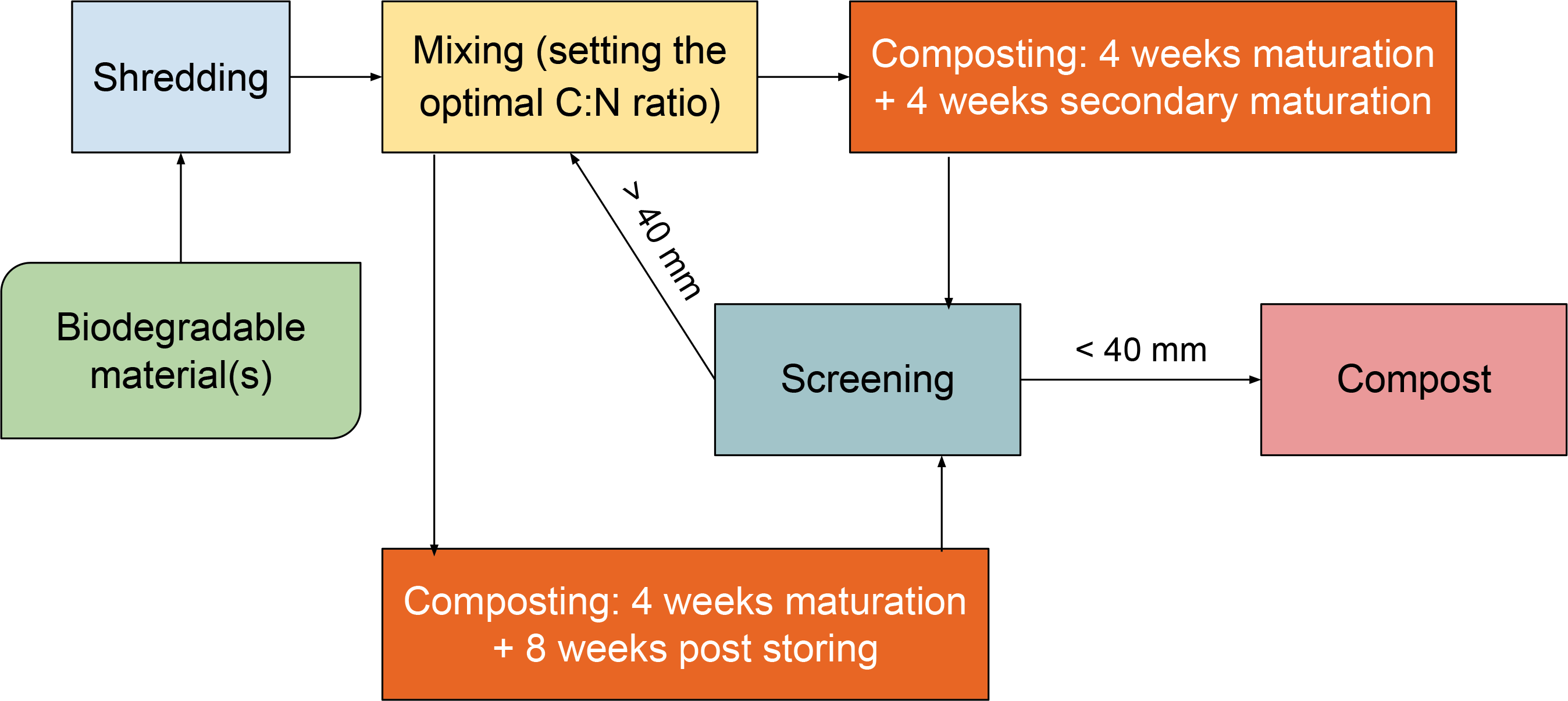
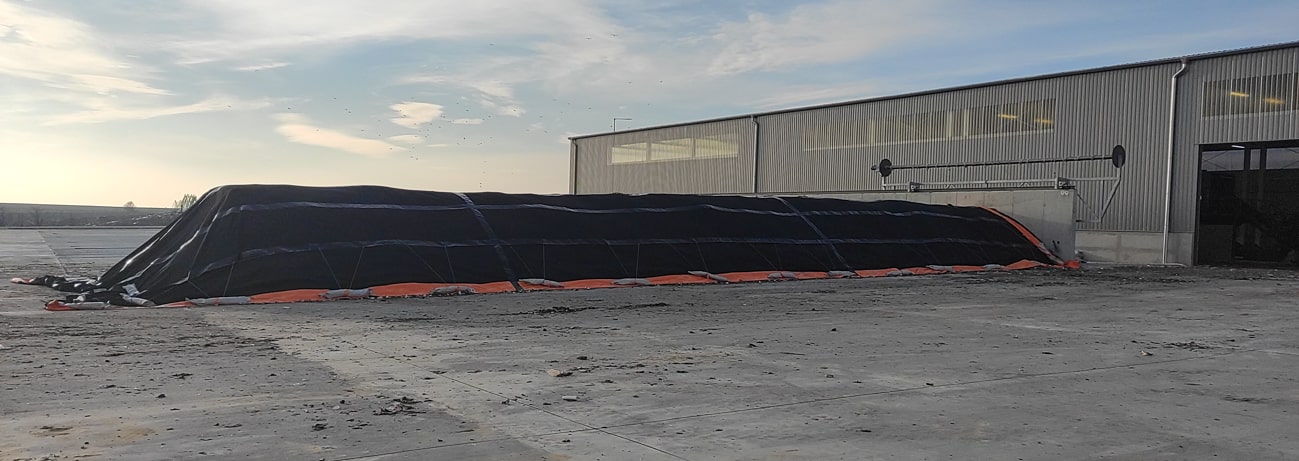
Mechanical biological treatment (MBT)
Our technology allows efficient treatment of municipal solid waste (MSW) prior to landfilling. Mechanical biological treatment (MBT) is usually designed to recover materials for one or more purposes and to stabilise the organic fraction of the residual waste. Another purpose of MBT is to break down the material for further processing (e.g. preparation of solid waste fuels).
The output from MBT plants is greatly reduced in weight and when adequately stabilised its emissions to air (e.g. of odour and methane) compared with the untreated material could be reduced by approximately 90–98 % when landfilled.
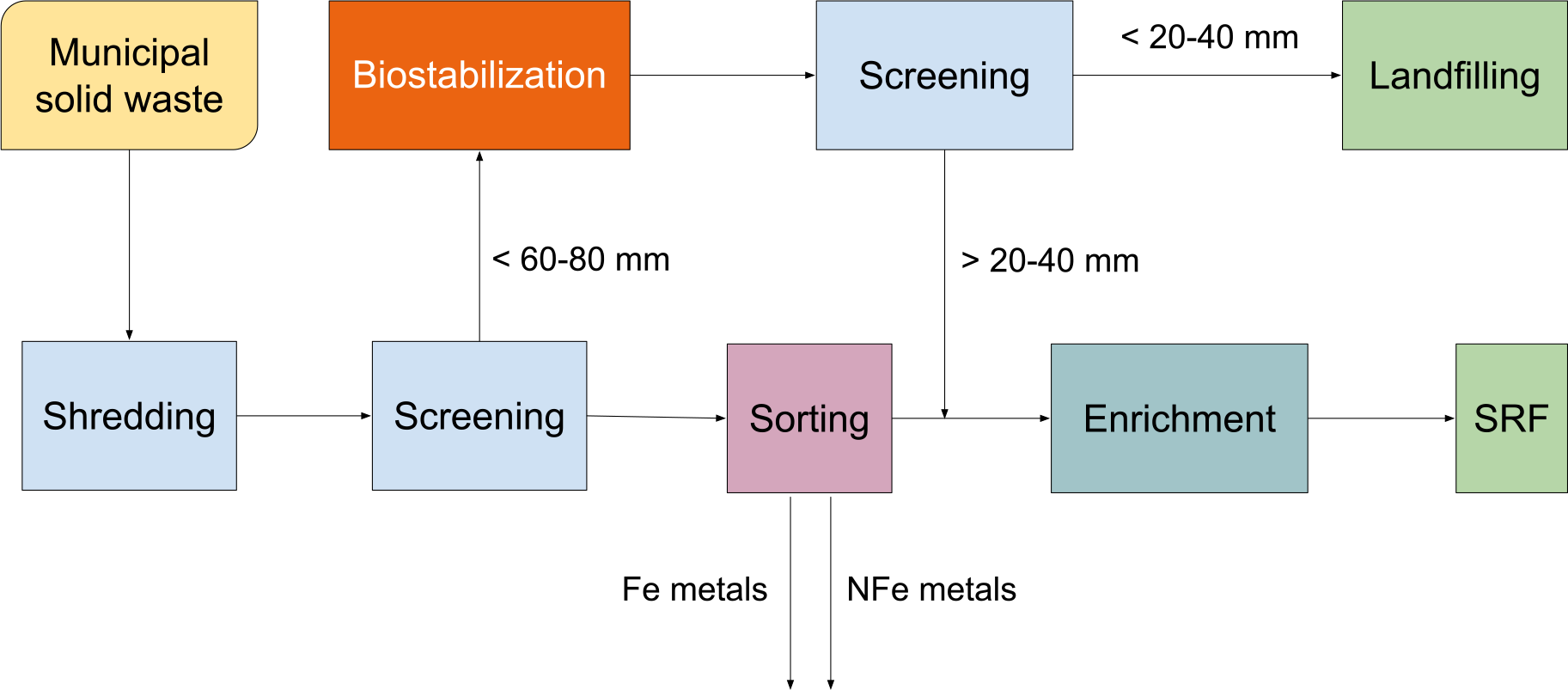
The video shows a small part of the trial operation in an MBT plant in Hungary. Covering the composting pile (MSW) for the first time took only 10 minutes for the staff. The cover is designed for pulling, the longitudinal and horizontal reinforcing sewing prevent the tearing of the material.
Compostal Cover®
Windrows or piles are covered with semipermeable membrane covers, which are a method of treating emissions, such as odours, ammonia, VOCs, dust and bioaerosols from an active composting heap.
The cover is formed by a textile laminate with the membrane being the middle layer as the functional component. The emission retention is based on the combination of a liquid condensate layer being generated on the inner surface of the cover, which acts as a kind of bio- washer layer dissolving the majority of the gaseous substances, and the semipermeable behaviour of the membrane.

Following the force of gravity, droplets are formed and drip off thus maintaining a steady exchange with unsaturated water which in turn ensures the odour retention capability. Another important function of the semipermeable membrane cover as a system component is to provide for optimum moisture management during the above-mentioned biological treatment processes.
Achieved environmental benefits
- Low energy consumption: 1.5–4 kWh/t of input material (depending on the design and type of aerobic biological treatment).
- Emission reduction without further exchange of media (no depletion) like in the case of biofilters.
- No inherent odours generated by the semipermeable membrane cover.
- Lowest carbon dioxide equivalent compared to other technologies for composting operations

Compostal Technology®
Electrical, mechanical and computer engineers develop the technology that is widely used in Hungary to treat more than 400 000 metric tons of waste every year. In the past twenty years we have optimized our product to become a lucrative alternative to western competitors. As a small, yet efficient company we are flexible and quick when it comes to custom solutions. Covered windrow composing is a cost-effective, efficient and environmental friendly way to treat various biodegradable waste - even at the same time! The system is fully modular to allow great scalability when needed.
Compostal Technology® consists of five major components:
- Compostal Cover®
- Winding machine / compost membrane roller
- Control software with SCADA and modbus support
- Control unit
- Industrial fan
- Temperature and oxygen probes
The technology implemented by our company is listed in the Best Available Techniques (BAT) Reference Document for Waste treatment Industrial Emissions Directive 2010/75/EU.
TÜV certified composting cover
Designed and produced in Hungary in cooperation with Hungarian partners

Best Available Technique in composting

.NET based industrial control system

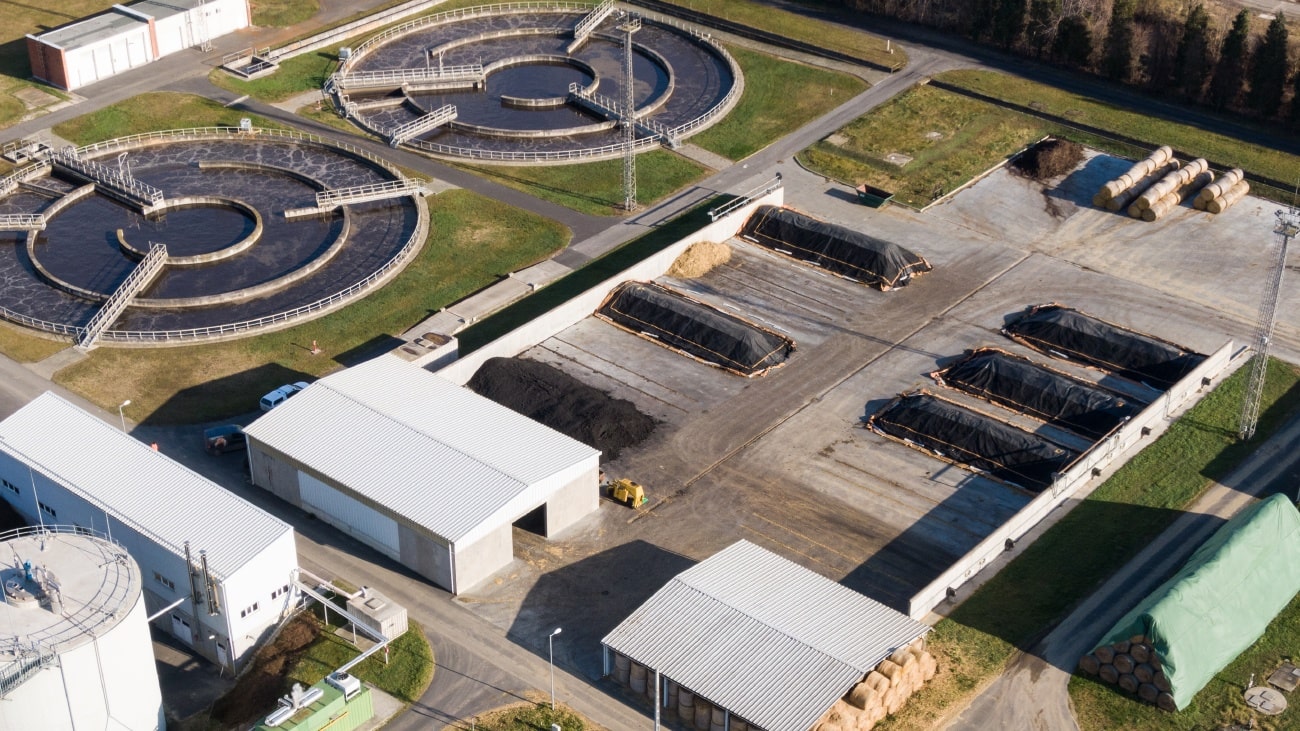
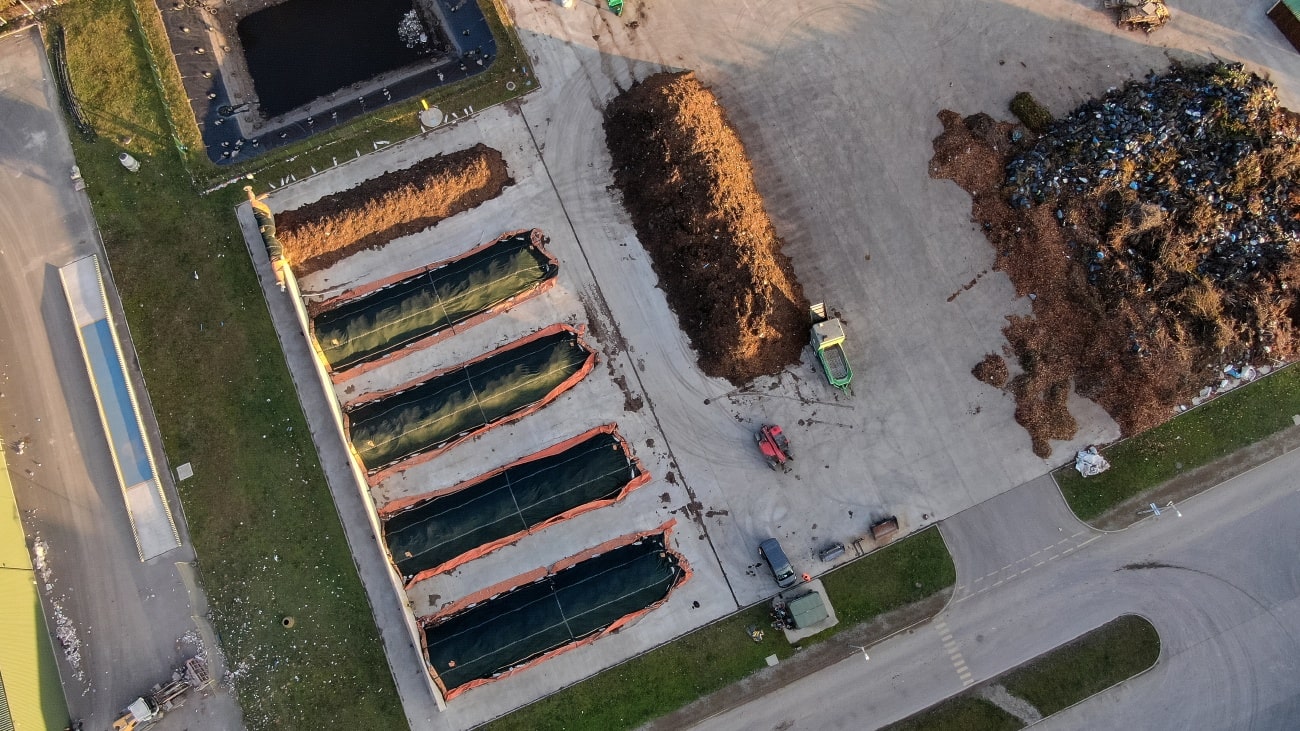
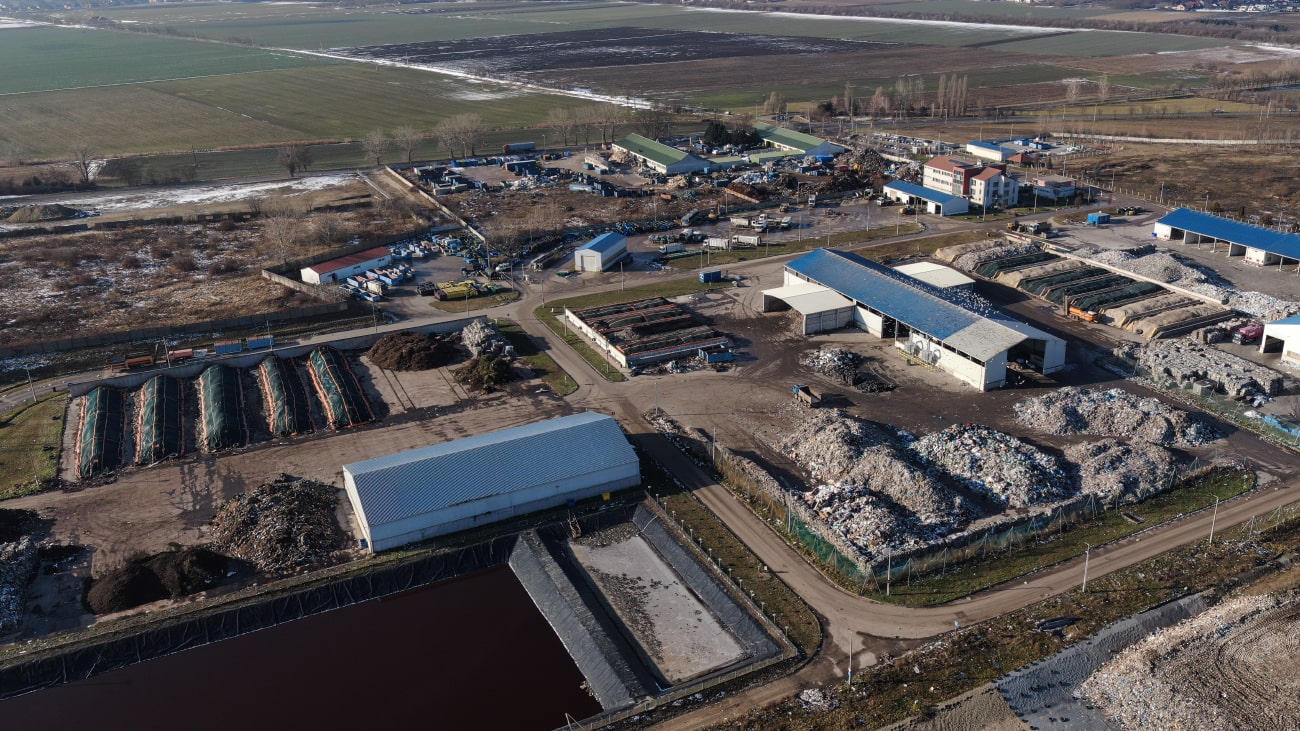
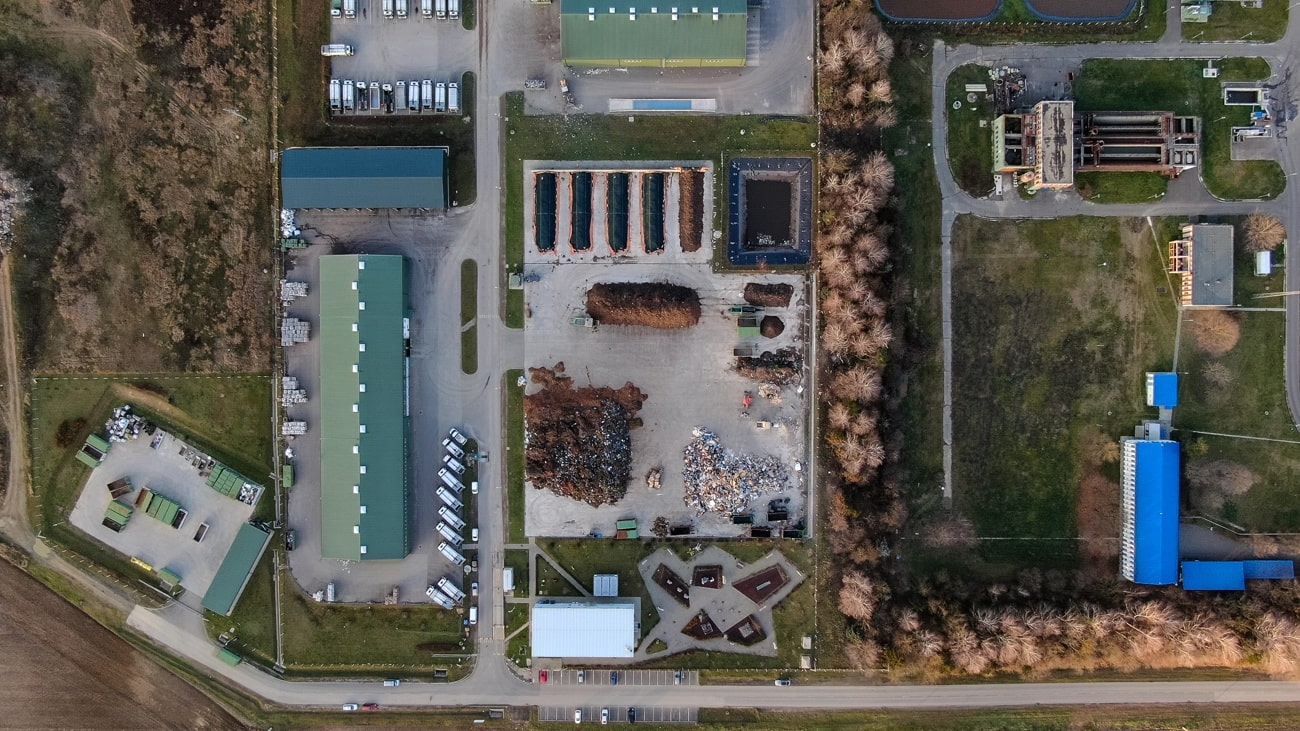
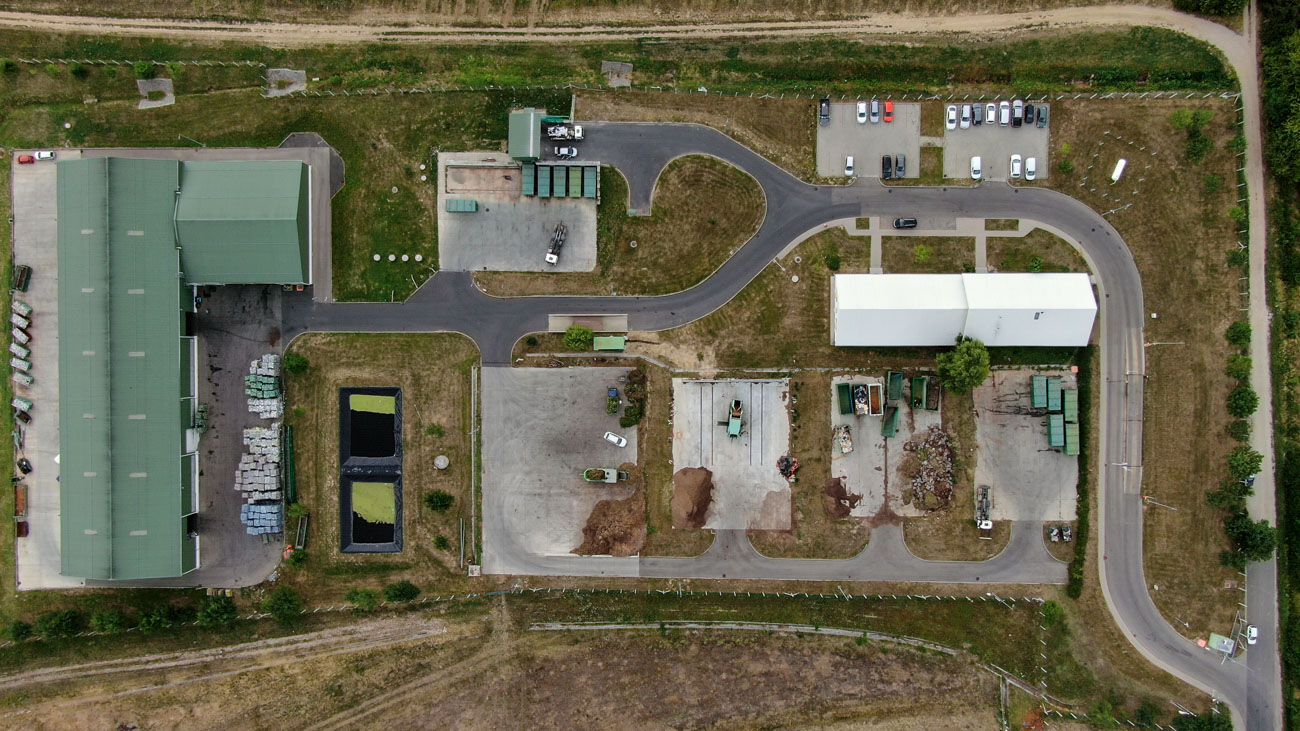
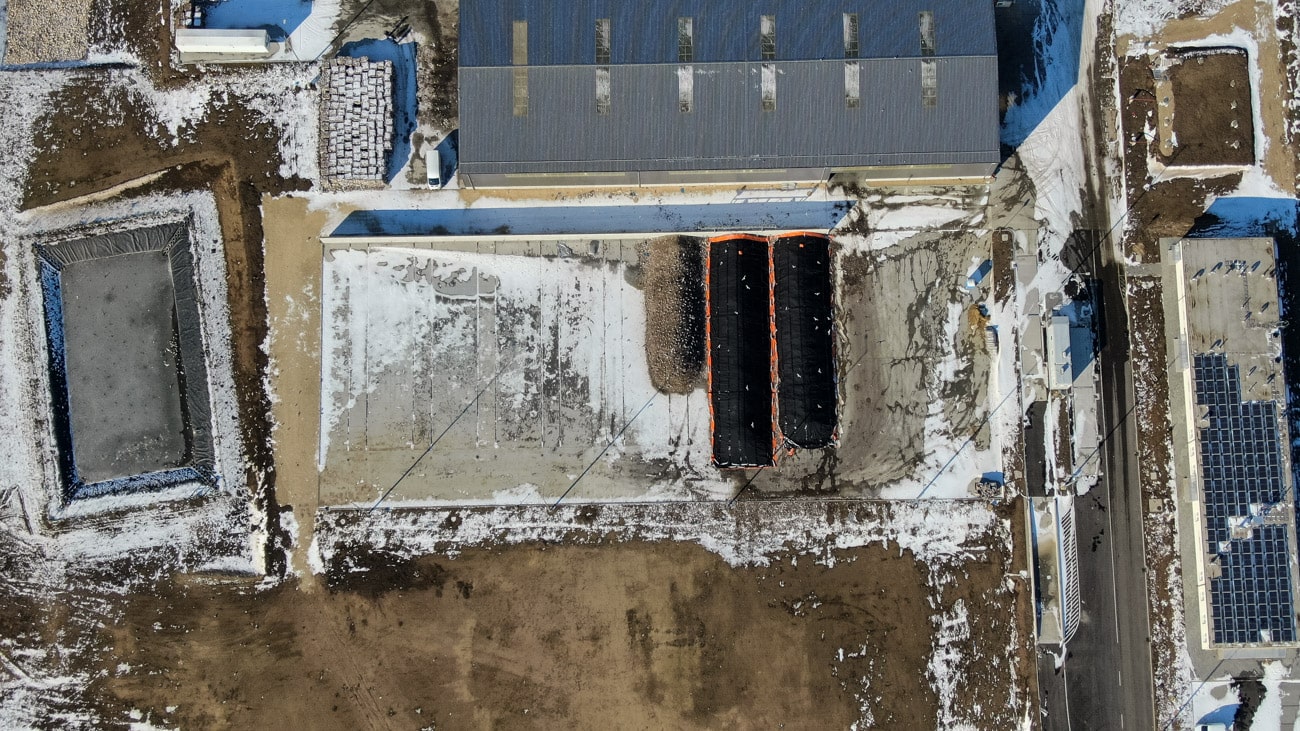
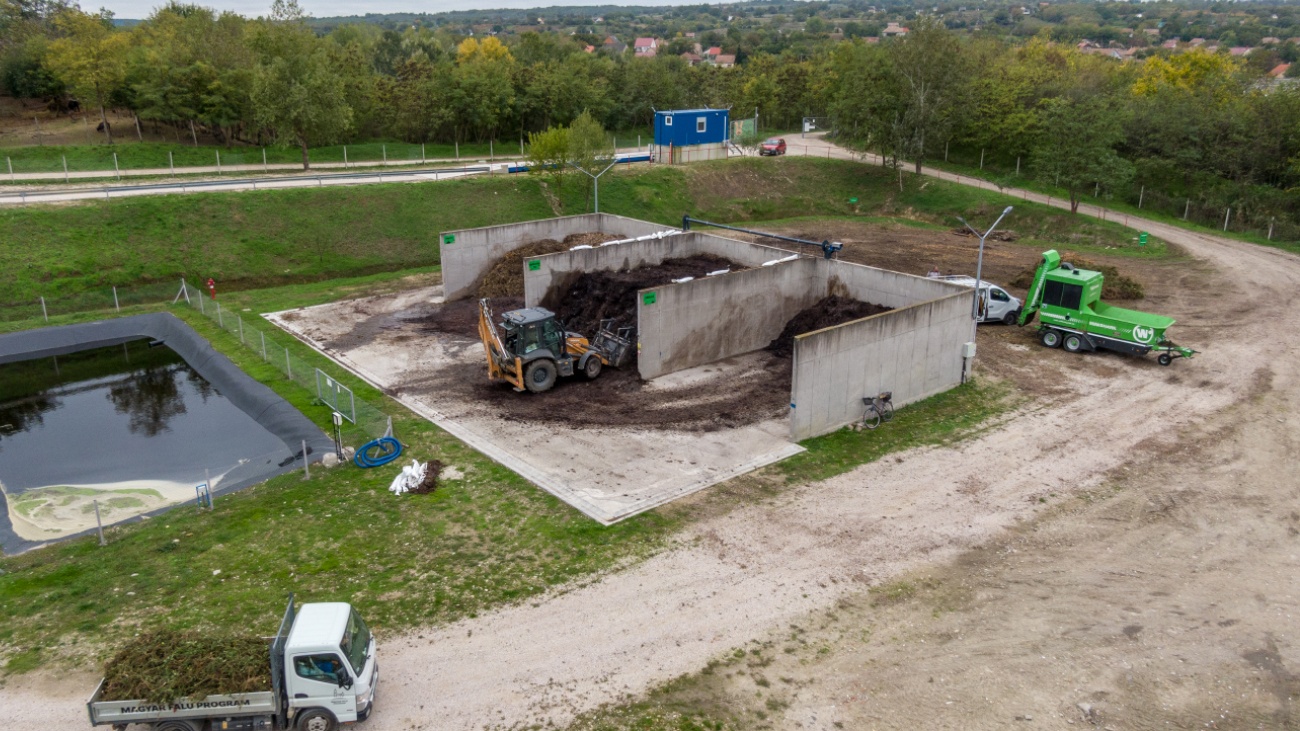
 Compostal Ltd.
Compostal Ltd.




